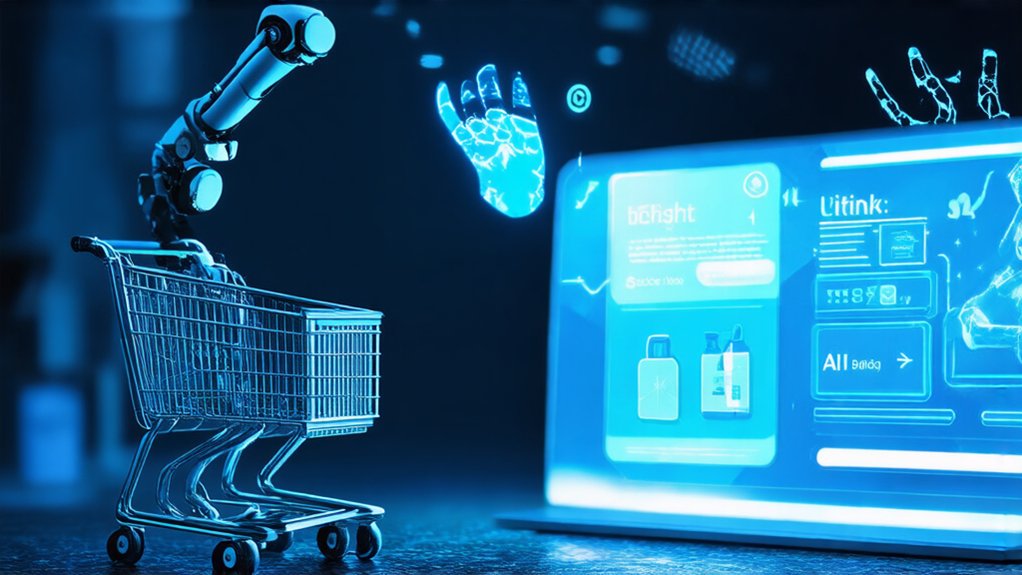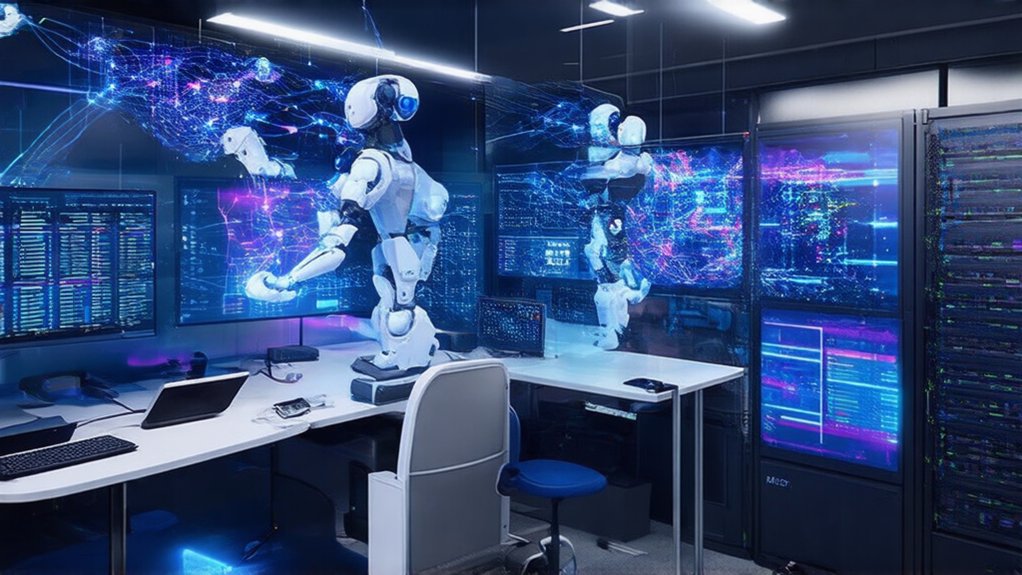Where does artificial intelligence fail us when we’re trying to shop? Tech companies love to tout their fancy AI shopping assistants as the future of retail. They’re wrong. Dead wrong, sometimes.
AI lacks emotional intelligence—period. It can’t genuinely empathize when you’re frustrated about a damaged delivery or confused about product options. Sure, it can detect your anger through text analysis or voice patterns, but it’s just mimicking empathy, not feeling it. That chatbot doesn’t care about your day. It never will.
When AI pretends to care, it’s just that—pretense. Algorithms can’t truly empathize with your shopping frustrations.
Nuance stumps AI constantly. Ask a straightforward question, get a straightforward answer. But try explaining that you need something “kind of like that thing I bought last year, but different”—watch the AI short-circuit. Humans get it. AI doesn’t.
The data dependency problem is huge. Garbage in, garbage out. About 33% of companies struggle with poor data quality affecting their AI systems, according to Gartner. Incomplete, biased data leads to frustrating customer experiences. Ever been recommended products that made absolutely no sense? That’s why.
Trust issues are real. Only 51% of consumers feel confident about retailers handling their data responsibly. Almost half don’t trust information from AI bots. People hate feeling watched—and AI depends on watching your every digital move.
Companies often misapply AI, throwing technology at problems that need a human touch. This creates generic, forgettable experiences. The “sea of sameness” in retail is partly AI’s fault. Despite its growing popularity, research shows 71% of customers actually prefer having humans resolve their complex issues. Some things just need people. Current AI systems operate solely on programmed logic rather than genuine understanding, making them ineffective for truly meaningful customer relationships. The ability to translate complex ideas into simple, clear instructions remains a uniquely human skill that AI cannot replicate.
Human oversight remains essential. AI can’t make ethical judgments or solve complex issues without supervision. When systems fail (and they do), humans save the day.
The future isn’t AI replacing humans in retail. It’s using AI for boring tasks while keeping people for what matters: building relationships, handling complexity, and providing that irreplaceable human connection. Technology has limits. Humans still have the edge where it counts.




